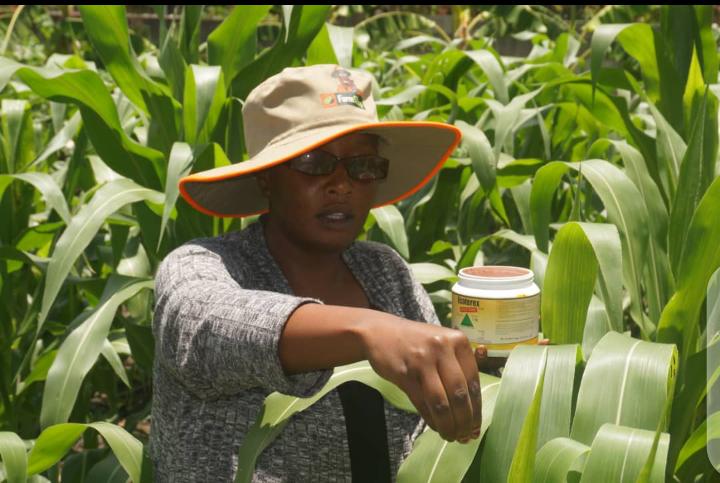By Joyce Mukucha
In the wake of the ongoing novel coronavirus global pandemic, the Women in Agriculture Union (WAU) has bemoaned the adverse implications of COVID-19.
The pandemic is negatively impacted the agriculture sector, productivity and supply chain with women farmers being worst hit.
The WAU chairperson and founder who is also a woman farmer, Olga Nhari said the enforcement of strict lockdown measures has caused massive hardships to farmers as they are facing staggering losses and challenges due to the interruption of their business.
In an effort to curtail the spread of the virus and minimize the physical loss and property damage caused by COVID-19, the government of Zimbabwe and other governments around the globe implemented a number of social distancing measures that included ordering citizens to stay in one place, and placing restrictions on business that were allowed to continue to operate.
This, said Nhari, has resulted in a terrible time for the nation especially women farmers who have multi-purpose roles and responsibilities in their families and communities.
According to research, women’s engagement in productive work is more often known as routine, less visible and less valued than that of men.
“As women, we are more than just farmers – we are mothers, wives, sisters, daughters. This pandemic has had most of us affected or infected, making it difficult for us to work.
“With the responsibility of protecting our loved ones on our shoulders, it is rather a difficult working environment. The pandemic has us fighting against it – as a nation wanting to survive, as farmers for food self-sufficiency and as women for our rights and equality through it all,” she said.
It is unfortunate that the pandemic has taken away the joy which last year filled the organisation following the economic benefits of farming that have enticed more young women to venture into farming and agribusiness value addition.
While the Government of Zimbabwe has put in place a broad range of measures to limit physical contact to prevent and slow down the COVID-19 pandemic, Nhari indicated that the need for farmers to move around cities and different places to monitor their projects was disrupted.
Women farmers, she said, were encountering difficulties in reaching their markets to meet essential daily needs or provide assistance to vulnerable families.
“One can’t always move with feed or produce to prove she’s a farmer. Most farmers are locked down in urban areas unable to travel to their projects.”
Additionally, Nhari stressed that farmers were again suffering due to movement restrictions which are leading to the collapse of markets.
“We have urban backyard farmers whose contribution to our economy we can’t ignore. They can’t travel to sell or deliver products in this lockdown.”
A 2020 ActionAid report on World Food Day indicated that women farmers were at most risk from COVID-19. It pointed out that Covid-19 related market closures and lockdowns have severely affected women’s earnings and food security.
Besides experiencing difficulties posed by Covid-19, Nhari also pointed other challenges affecting most women farmers such as lack of land title deeds which she explained as a serious matter that makes women step back in as much as farming is concerned.
“Most don’t own land and are farming on family land, relatives land, communal land or renting a farm. This means they don’t own offer letters or title deeds showing they’re farmers,”Nhari said.






